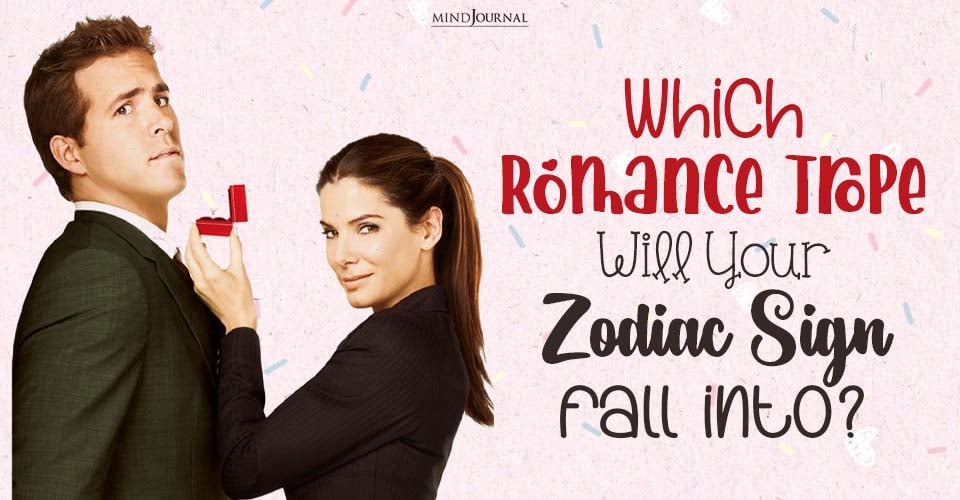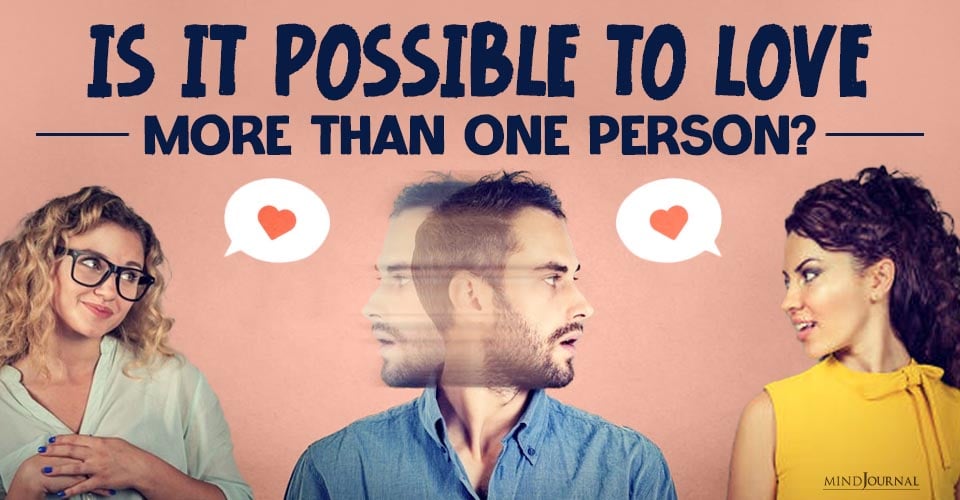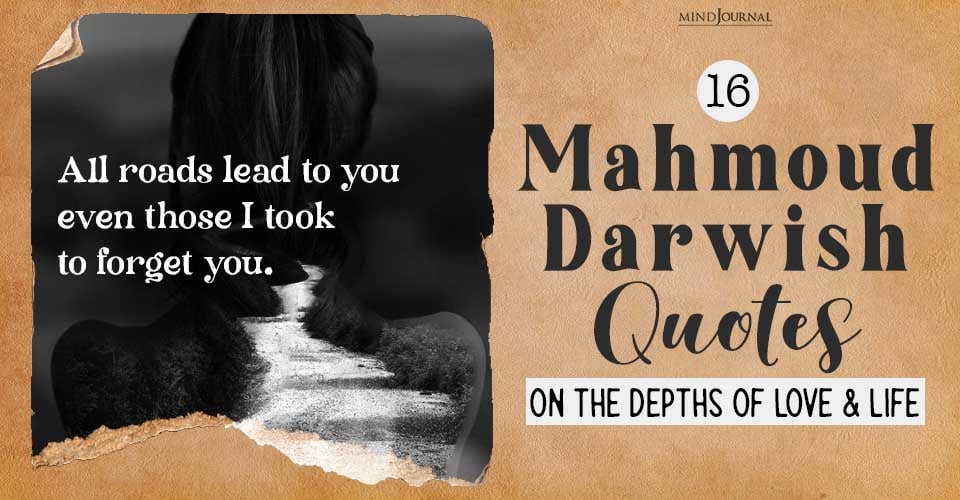Have you ever fallen head-over-heels in love with someone who didn’t love you back? This experience is a common part of our early development as we explore fantasy, intimacy, relationships, and desire. There’s just one catch: this kind of love—unrequited love—isn’t really love.
It can feel intense, powerful, and even erotic to surrender to unrequited love. The heightened state of expectation it generates will often masquerade as love, promising fulfillment, and a sense of completion to those hoping another person can help them feel whole.
When we feel incomplete, it can be tempting to fall for an idealized “other.” We imagine this successful, wise, attractive, high-status, powerful or talented person will help us feel worthy—if only they’d love us back. Although unrequited love gets a bad rap, it can be thrilling and addictive.
Even when it’s emotionally painful to want someone who is out of reach or who doesn’t reciprocate your feelings, it can heighten your sense of self through the painful dramas it creates.
Related: 6 Things To Remember When The One You Love Doesn’t Love You Back
How It Happens
When we project our own disowned traits onto another person, idealize that person, and languish because that person doesn’t reciprocate, we get caught in a one-way unrequited love drama. We come to view another person as our holy grail, which absolves us of the need to embrace ourselves with both our positive and negative traits.
Chasing the illusion of an elusive idealized other keeps us living in a childlike mindset, attached to a rescue fantasy.

The external dramas created by unrequited love can “protect” us from the messiness and disappointment of cultivating real love with a flawed person. Sometimes, unrequited love helps us avoid processing traumas we’ve experienced in past relationships and aren’t ready to face. Loving someone who doesn’t love you back sidesteps the unpredictability of real love with a partner who actually reciprocates.
Real love is about looking at hard truths in ourselves and others with compassion, cultivating connection over time, and overcoming challenges as a team. It involves risk, vulnerability, and courage.
It’s Normal, So Long As It Doesn’t Become A Pattern
Unrequited love isn’t bad. Most people experience it in their teens and twenties when they’re opening themselves up to relationships, eroticism, and romance.
Related: 8 Beautiful Life Lessons You Can Learn From One-Sided Love
But when unrequited love becomes a pattern in your life—or when you remain mired in a state of endlessly longing for someone in a way that affects the quality of your life—it may be time to look more closely at the cost of falling in love someone who doesn’t love you back.
Follow Alicia Muñoz on Instagram for more informative and interesting posts, @aliciamunozcouples.
Written By Alicia Muñoz Originally Appeared On Alicia Muñoz









Leave a Reply